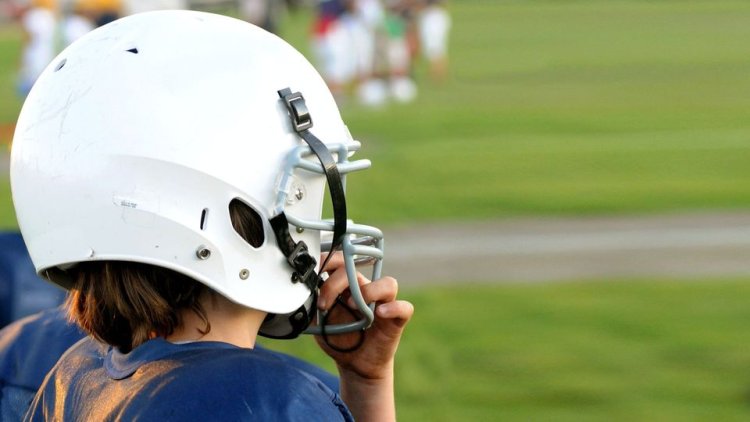Researchers discover how brain biometrics help inform sports concussions

Melbourne, Australia: According to recent research from the University of South Australia, novel brain biometrics could assist in determining whether an athlete is fit to return to play after a concussion.
Researchers discovered that alterations in brain micromovements - known as 'headpulses' - could identify the long-term effects of a concussion in a study conducted in collaboration with the University of California San Francisco (UCFC).
Researchers detected brain anomalies in 81 per cent of concussed players, indicating prolonged injury beyond projected recovery durations, using a custom-designed headset to examine headpulse biometrics among 101 amateur male and female Australian Rules Football players in South Australia.
These headpulse alterations lasted 14 days beyond concussion symptoms and were exacerbated by return-to-play or unsupervised physical activity.
UniSA Professor of Exercise Science Kevin Norton says that headpulse measures could complement current return-to-play protocols.
“Traumatic brain injury inflicts more than 60 million people every year, with a third of these being sports-related,” Prof Norton says.
“While we know that Australia’s sports sector takes concussions seriously – via considered return-to-play protocols - we also know that objective measures of concussion recovery are not fully established.
“In this research, we used headpulses – a normal measure of brain ‘wobble’ aligned with each heartbeat – to assess any changes in frequency resulting from a concussion.
“We discovered that almost all players who received a concussion had a ‘disconnect’ between their symptoms and the headpulse, such that even when the players said they felt good, the headpulse still showed evidence of brain injury.”
While most players felt that they’d recovered 10-14 days after their injury, the research showed that some players took up to four weeks to recover and return to normal headpulse patterns.
Australian Football concussion recovery protocols require 24 to 48 hours of strict physical and cognitive rest, followed by graded individual then team training, provided there is no symptom exacerbation; the earliest allowed return-to-play after protocol completion and medical clearance is 12 days after a concussion.















































